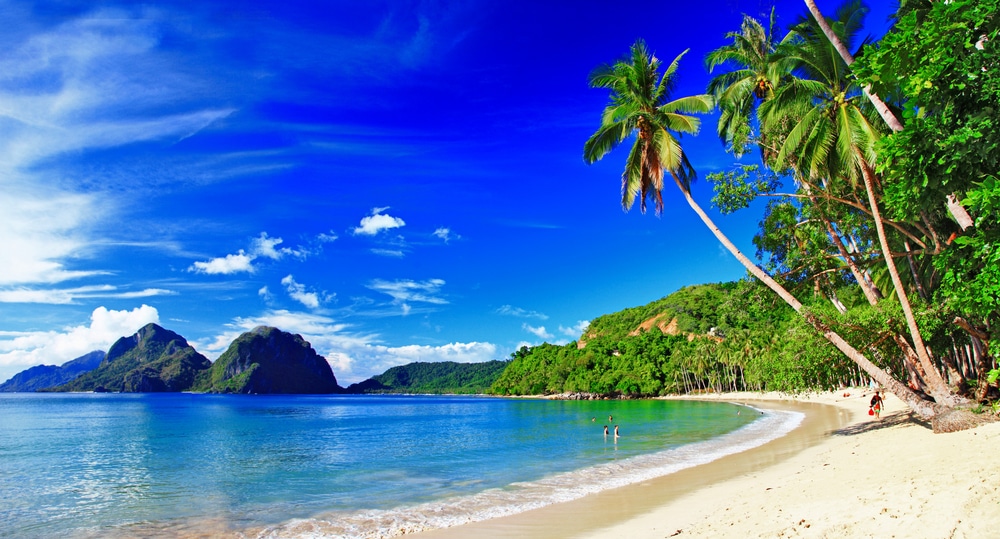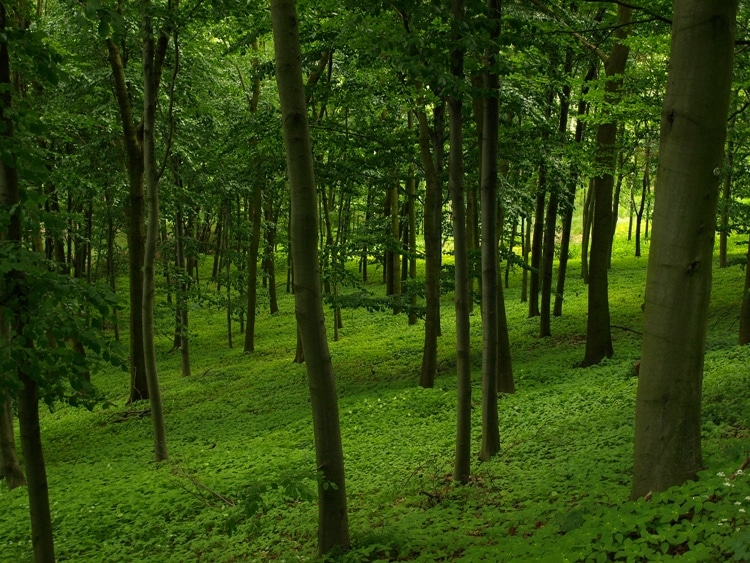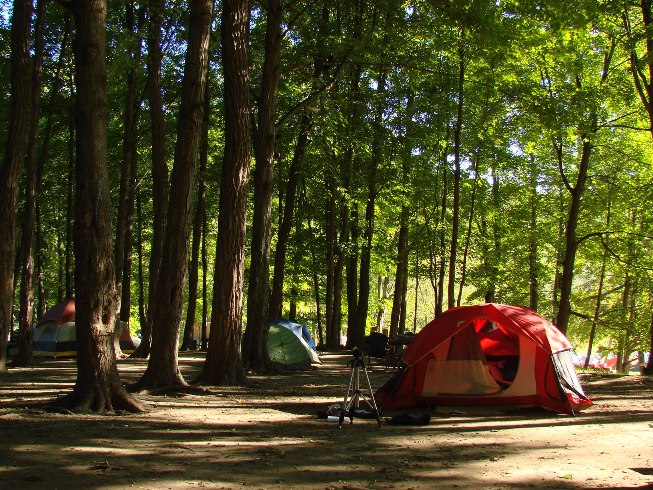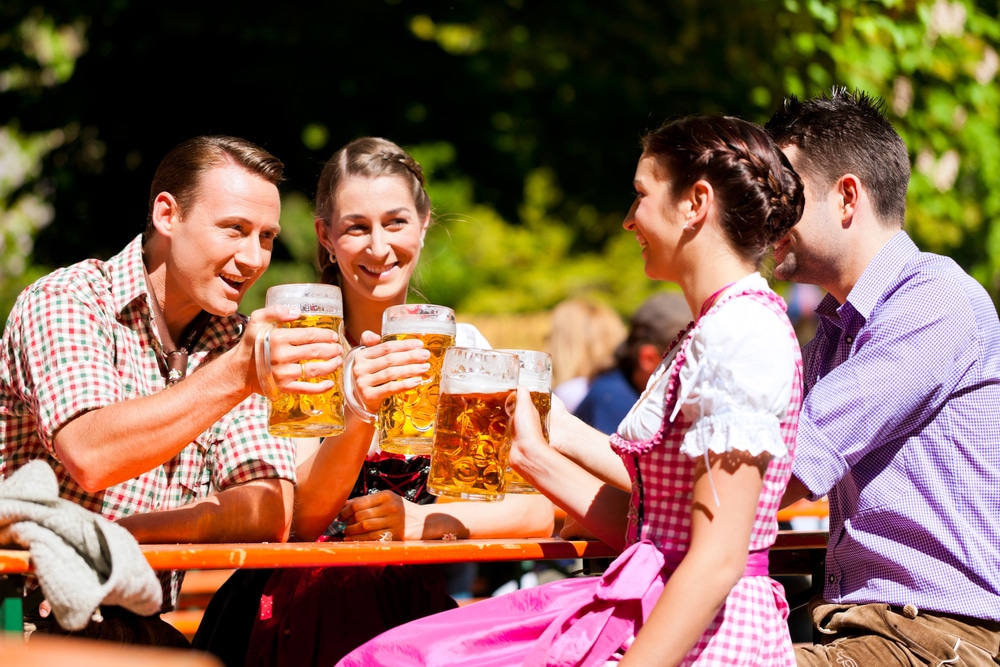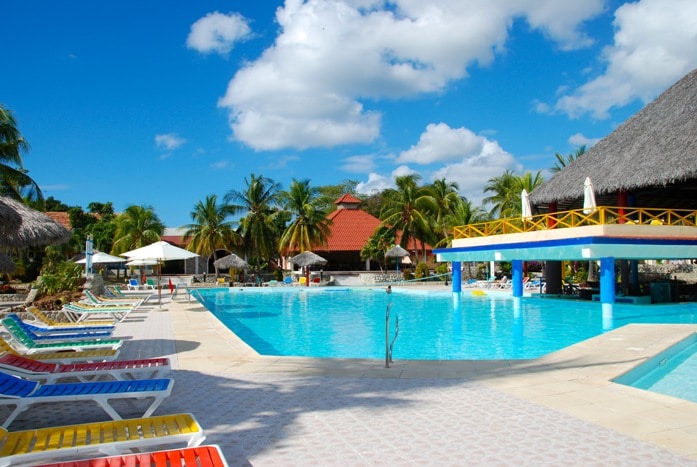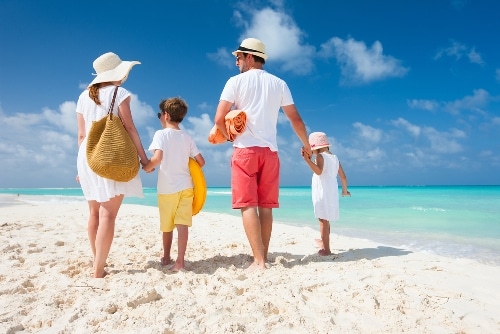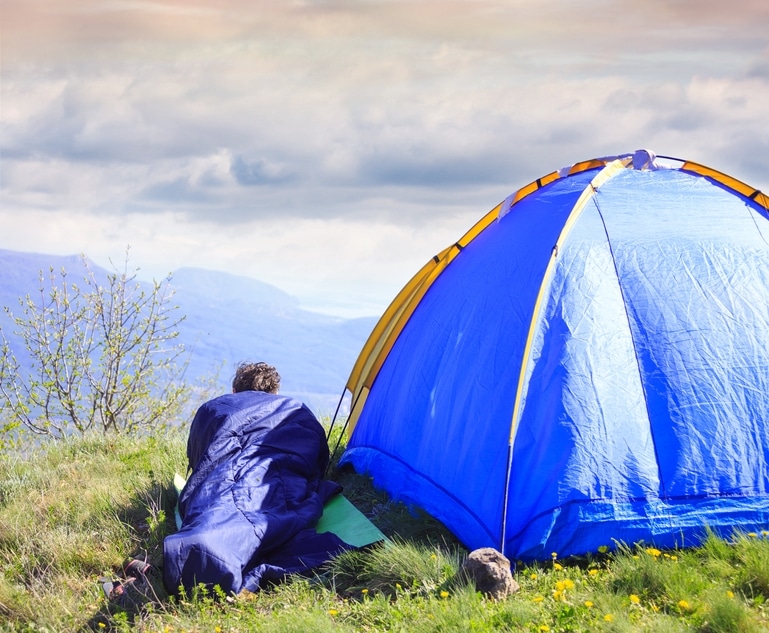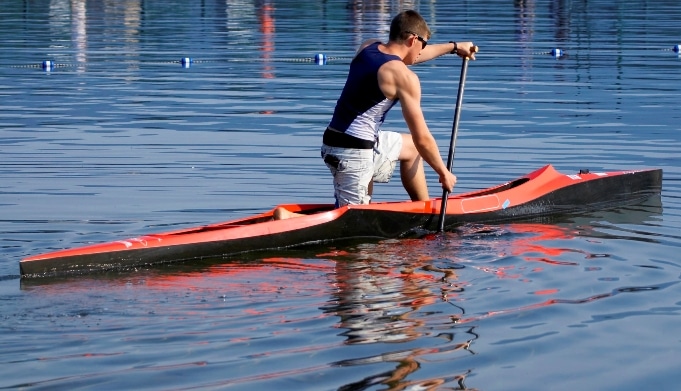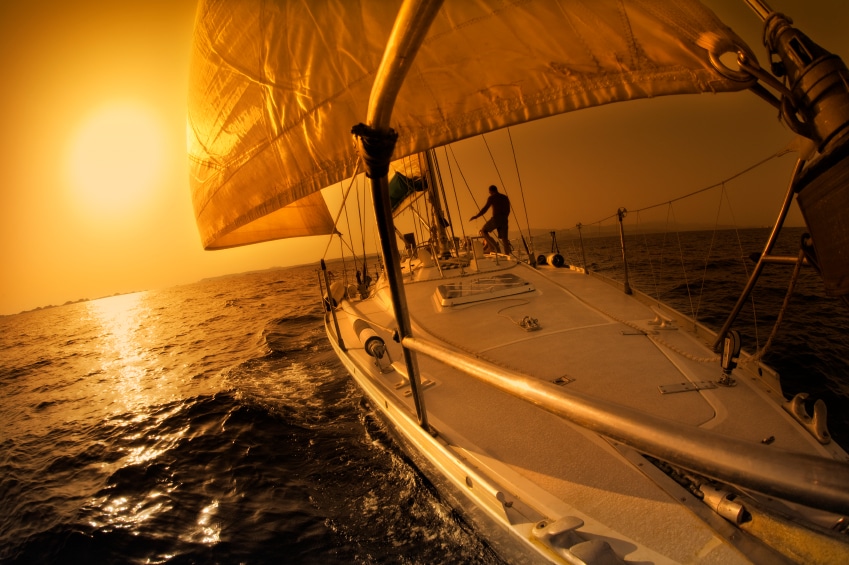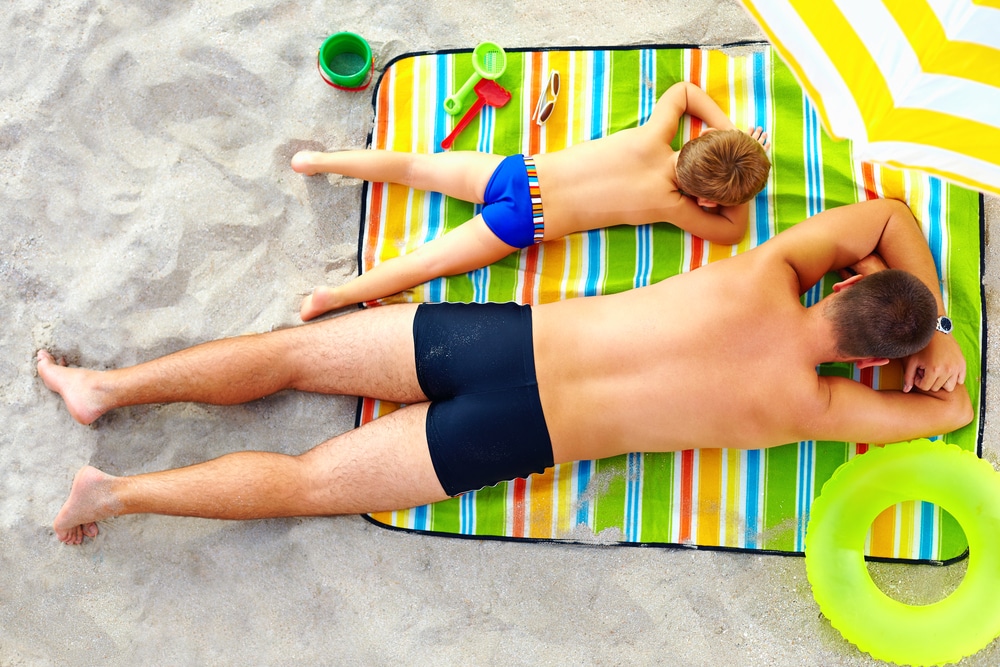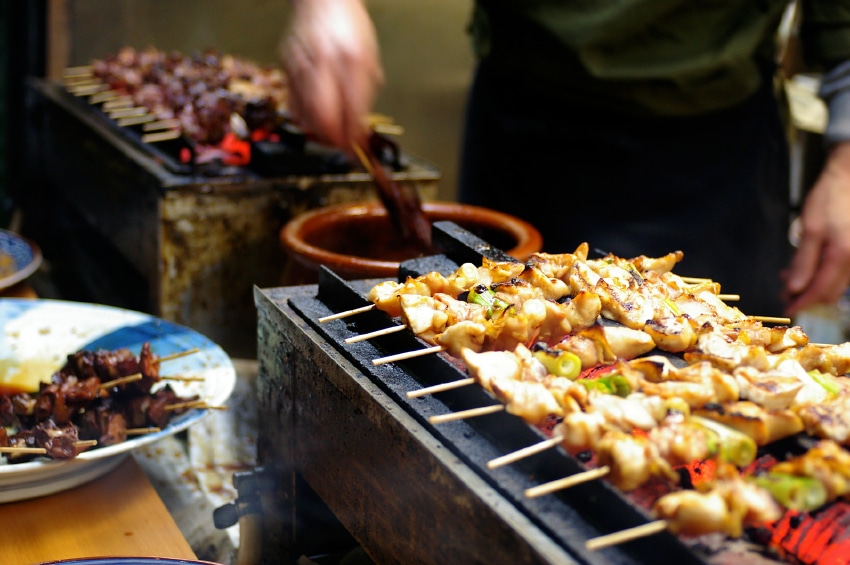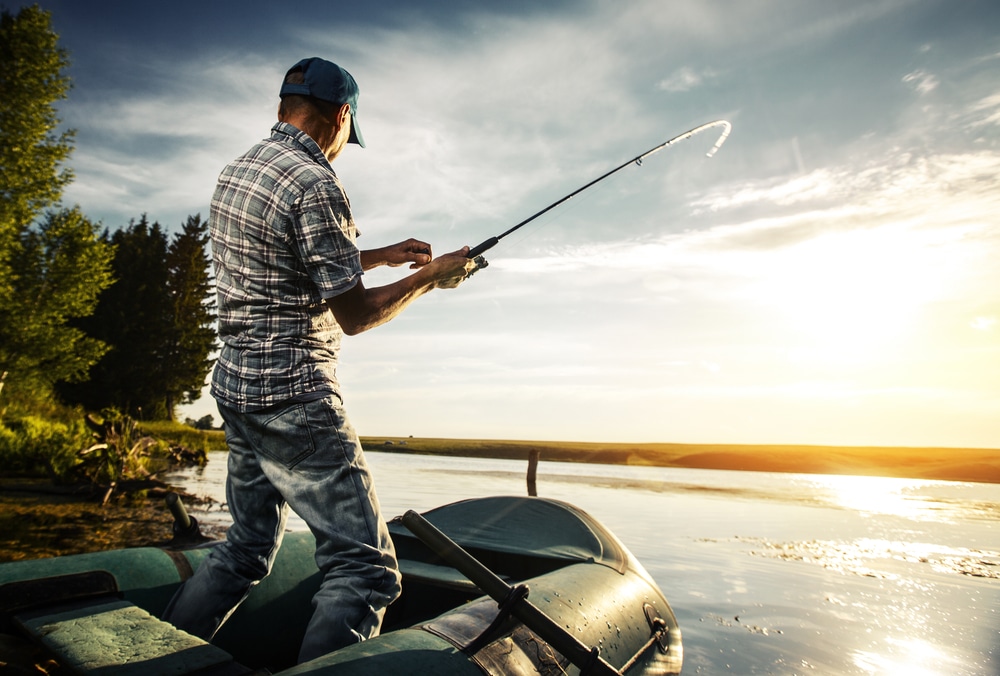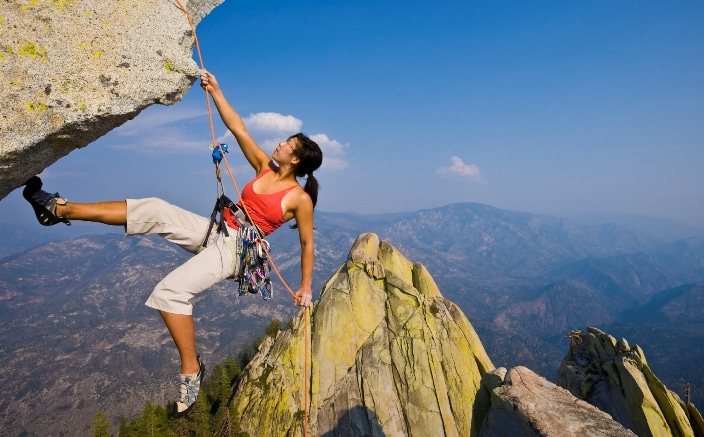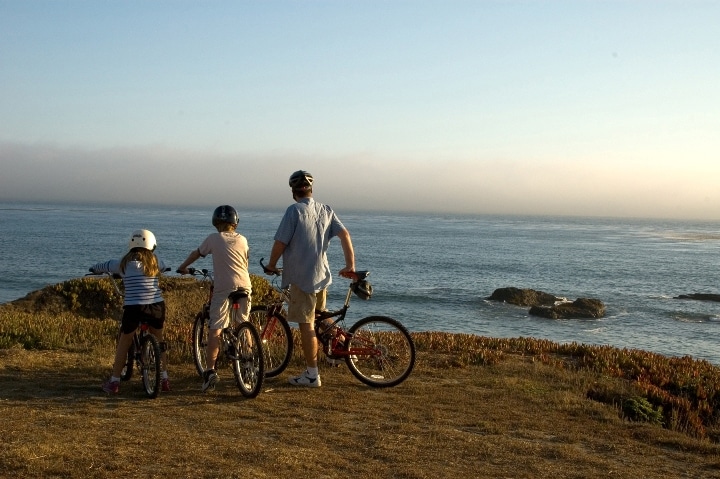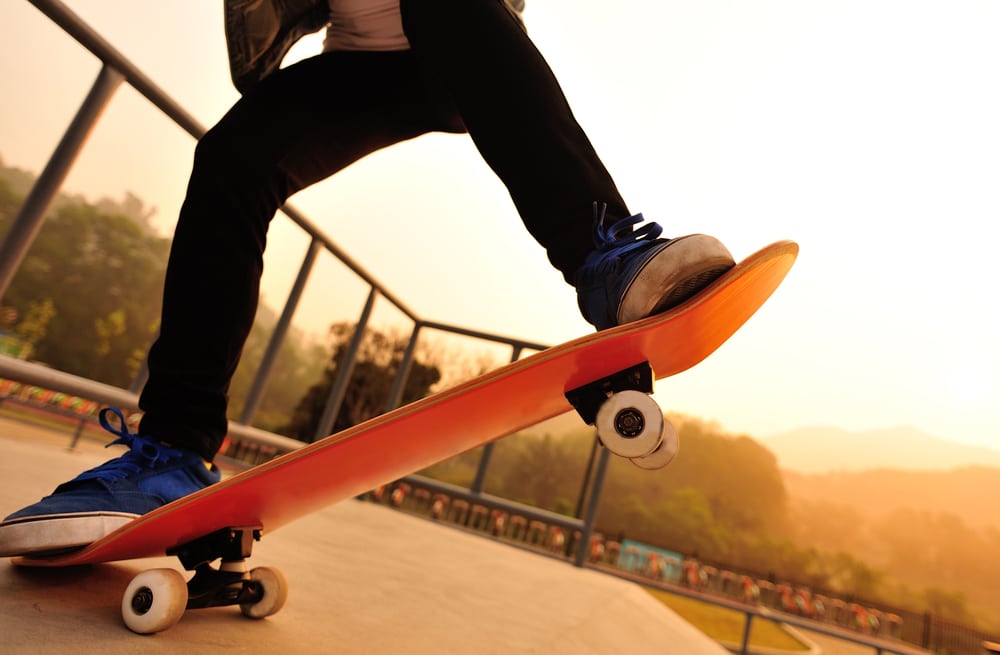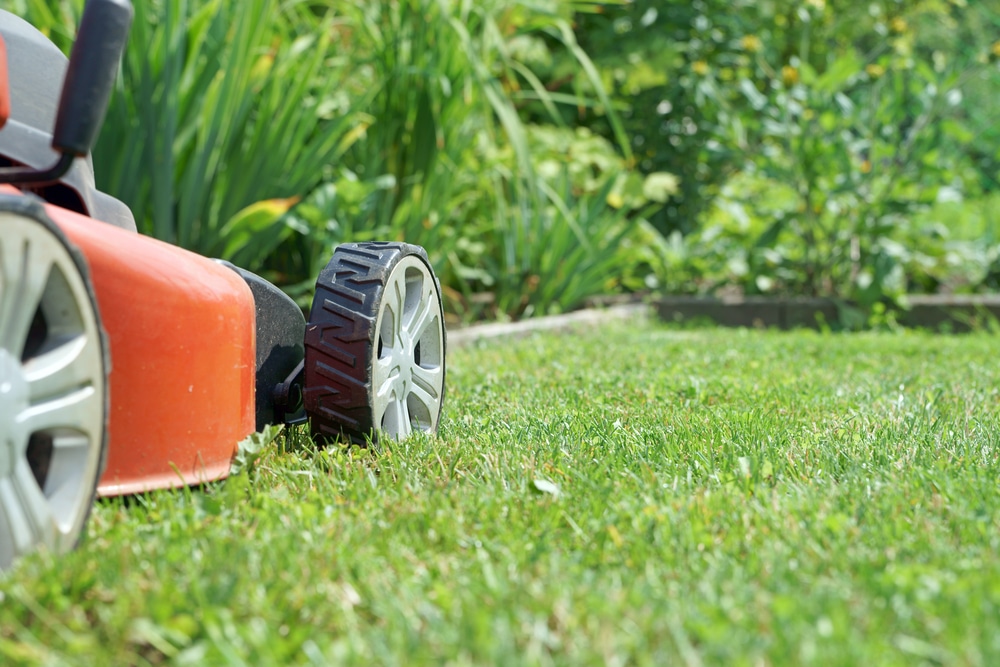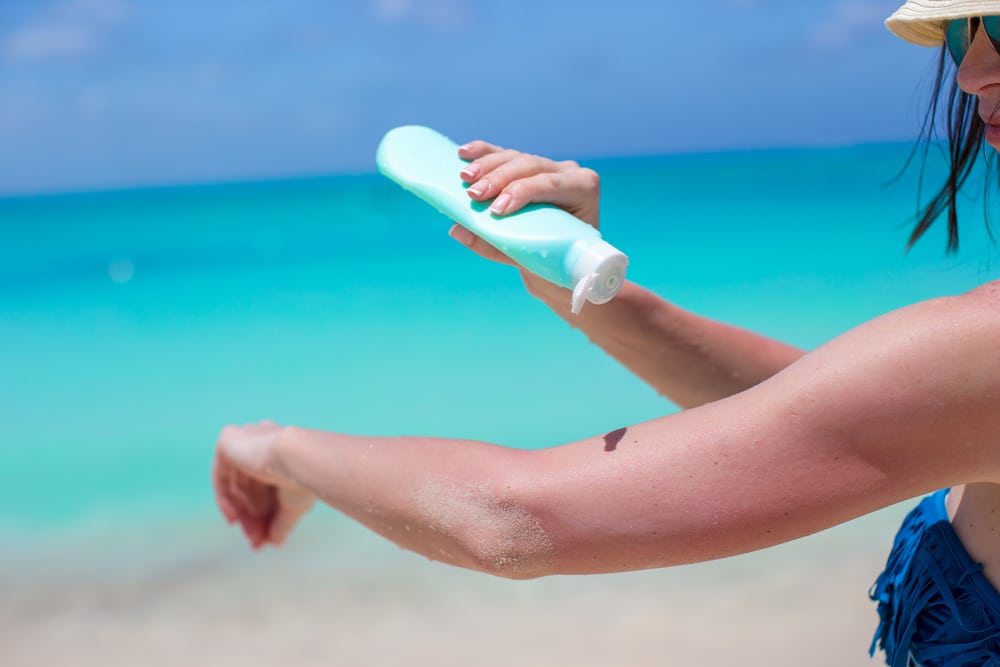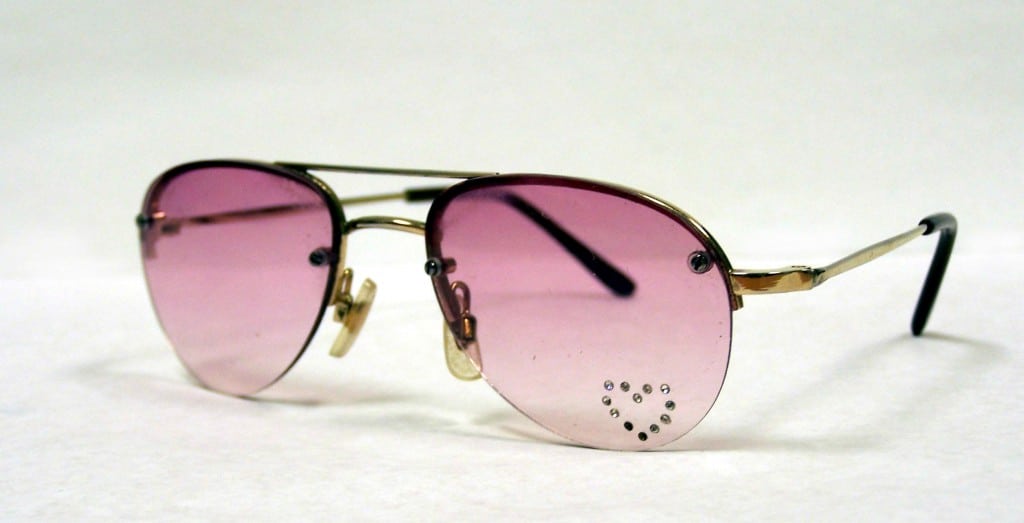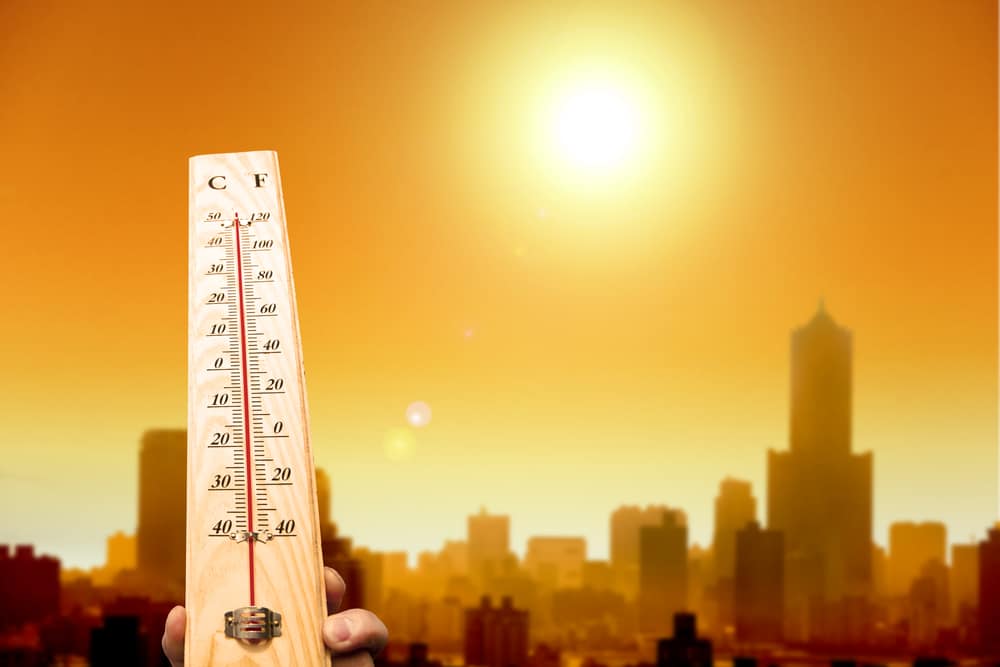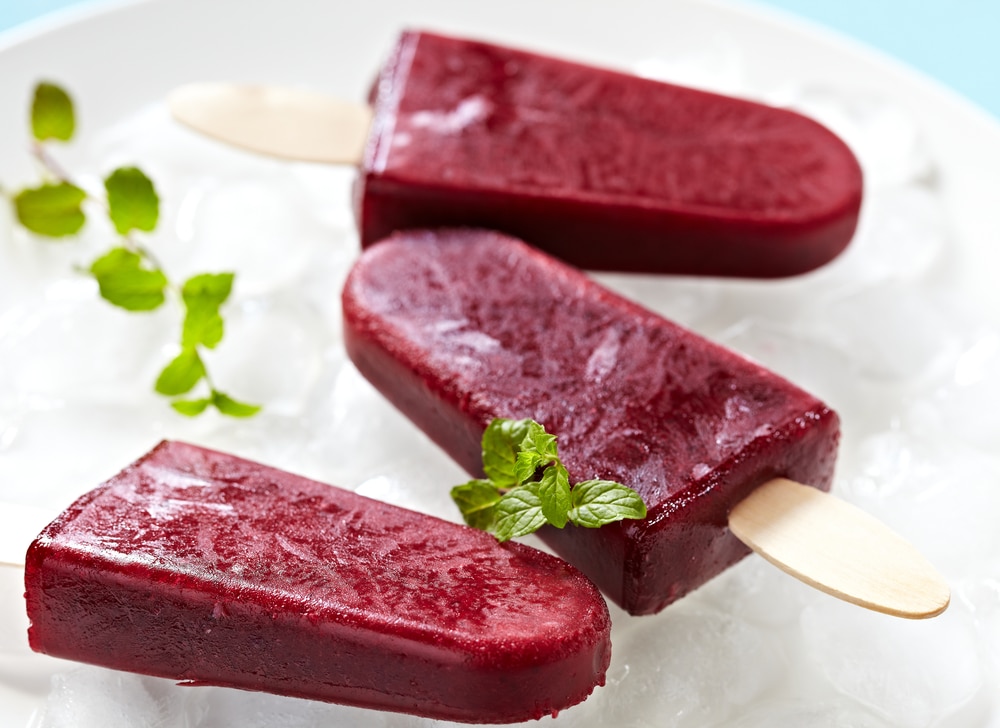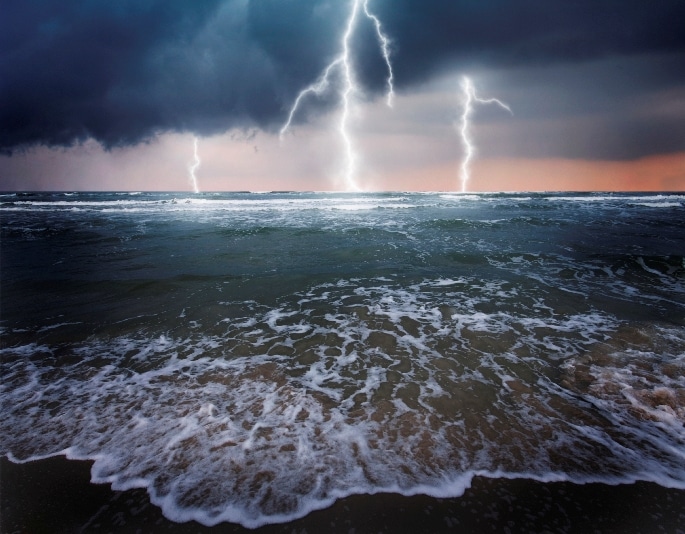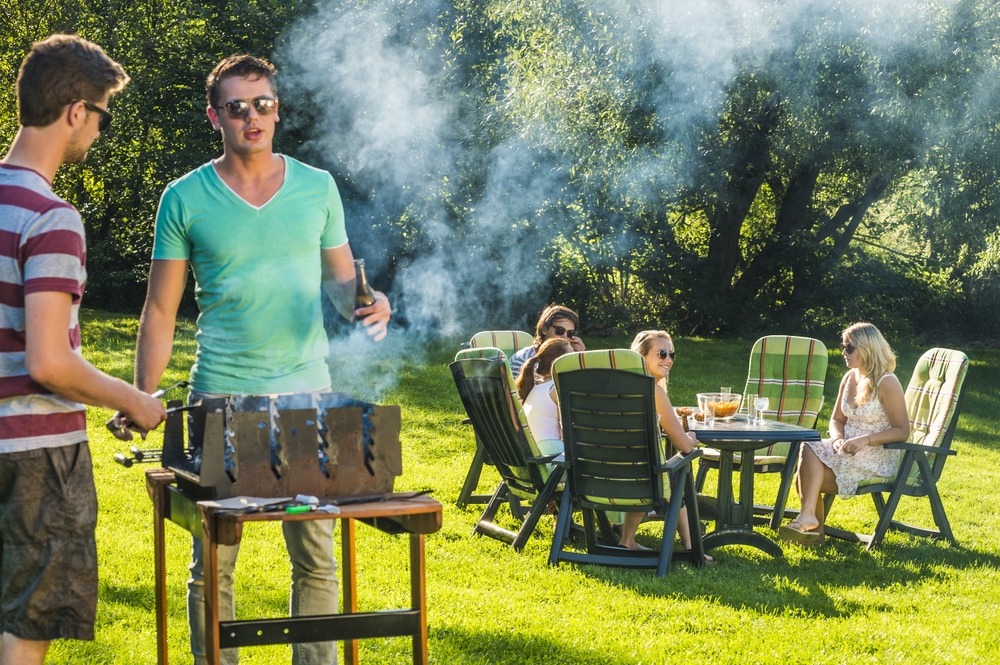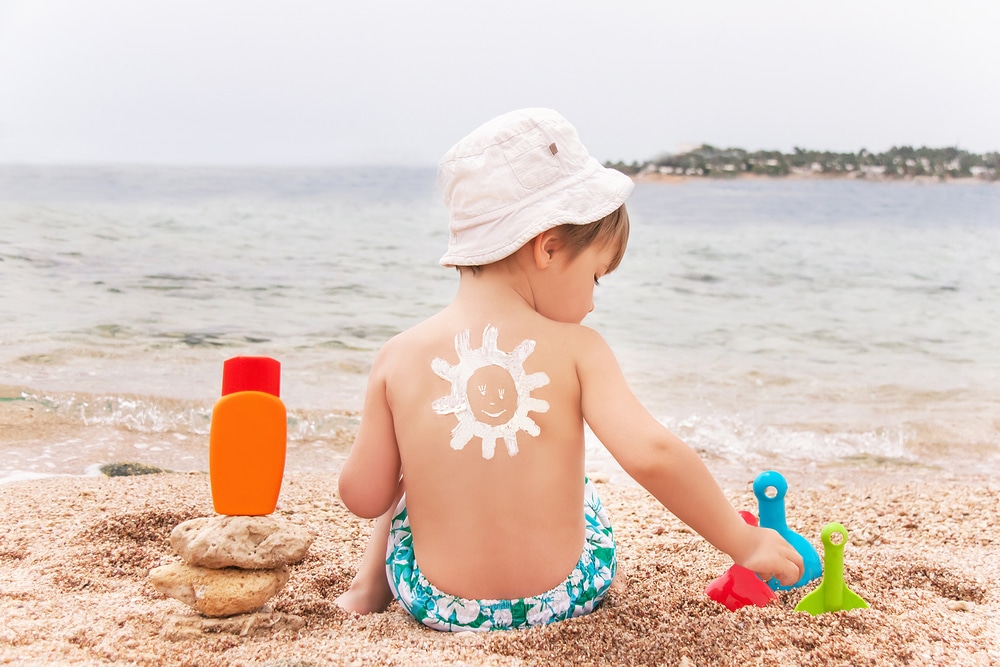
34 German Vocabulary Words for Summer
Der Sommer (summer) is finally here!
It’s time to grab a book and head to the beach, have a barbecue, go camping or maybe visit the seaside.
If you’re learning German or planning a visit to Germany, summer is also a great opportunity to learn some interesting new words in German!
Download: This blog post is available as a convenient and portable PDF that you can take anywhere. Click here to get a copy. (Download)
Contents
- 34 Essential German Vocabulary Words and Phrases for Summer
- Things to do:
- 10. Urlaub machen – To take a vacation
- 11. zelten / campen – To camp
- 12. schwimmen – To swim
- 13. Kanu fahren / Kajak fahren – To go canoeing / to go kayaking
- 14. segeln – To sail
- 15. bräunen – To tan
- 16. grillen – To grill
- 17. angeln – To fish
- 19. felsklettern – To rock climb
- 20. Fahrrad fahren – To ride a bicycle
- 21. Skateboard fahren – To skateboard
- 22. im Garten arbeiten – To work in the garden
- 23. das Gras mähen / den Rasen mähen – To cut the grass / to cut the lawn
- Other summer words:
- 24. Sonnig/sonnenreich/sonnenhell – Sunny
- 25. die Sonnencreme – Sunscreen
- 26. der Sonnenbrand – Sunburn
- 27. die Sonnebrille – Sunglasses
- 28. die Hitze – Heat
- 29. der Hitzschlag – Heatstroke
- 30. der Eis – Ice cream
- 31. der Gewittersturm – Thunderstorm
- 32. die Mücke – Mosquito
- 33. das Lagerfeuer – Campfire
- 34. die Grillparty – Barbecue party
- And One More Thing...
34 Essential German Vocabulary Words and Phrases for Summer
Here’s a list of the 34 most important German words you’ll need this summer. And now, let’s enjoy the sun, sand, food and fun of summer in Germany!
Places to go:
1. Der Strand – The beach
Let’s start off with the most important summer word of all. Ein Strand that is voll Sand (sandy) is probably the best choice.
2. Das Meer – The sea
The sea is the perfect place to find nice beaches. You can remember Meer means “sea” by thinking of the English word “marine”, which refers to sea life.
3. Der Ozean – The ocean
Just like in English, where “ocean” and “sea” are commonly used as interchangeable terms, the same is done with the German Meer and Ozean. Fun fact: the difference between the two is that Ozeane (oceans) are typically larger bodies of salt water, while Meere (seas) are smaller.
4. der See – The lake
This word often confuses English speakers, who assume it is synonymous with sea.
5. der Wald – The forest
If you’re a fan of hiking or camping, this is a great place to go in the summer.
6. der Zeltplatz – Campsite
You might set up one of these in der Wald. “Ein Zelt” is a tent, and “ein Platz” is a place—so “ein Zeltplatz” is literally a place for your tent.
7. der Park – The park
Now this is an easy one to remember.
8. der Biergarten – Beer garden
This is a classic German word that many beginners probably know already. Obviously, Bier is German for beer, while der Garten is garden. A beer garden doesn’t have to be a giant terrace full of benches at a big beer hall in Munich, but can technically refer to any garden in a pub that serves beer.
9. das Schwimmbad – Public swimming pool
Since “ein Bad” can refer to a bath, bathroom, or a swim in a pool or other water, naturally “Schwimmbad” means swimming pool. If you can’t make it out to der Wald or der See, the public swimming pool is always a good option. Even better, der Freibad is an outdoor swimming pool! You can remember this because “frei” means free, and you are free in the outdoors.
Things to do:
10. Urlaub machen – To take a vacation
“Der Urlaub” is a vacation or holiday, while “machen” is the verb “to make”. In German, you “make” a vacation, rather than taking or going on one, as we say in English.
11. zelten / campen – To camp
Both of these words mean “to camp”. Zelten has der Zelt, “tent”, as its root, so that shouldn’t be so hard to remember now that you know what “der Zeltplatz” and “das Zelt” are. “Campen” is quite self-explanatory.
12. schwimmen – To swim
Swimming is a classic summer pastime for den See, das Meer or das Schwimmbad.
13. Kanu fahren / Kajak fahren – To go canoeing / to go kayaking
If schwimmen isn’t exciting enough for you, this is another fun activity for spending time at der Strand. Das Kanu and der Kajak are pretty obvious translations. “Fahren” literally means “to drive”, but can also mean “to ride”, or in this case, “to paddle”.
14. segeln – To sail
Here’s another ideal sport for the lake or seaside. You’ll only need ein Segelboot (a sailboat) and a bit of Wind to be all set for a fun day on the water.
15. bräunen – To tan
This one is simple to remember, because “braun” is the German word for “brown”, so “bräunen” literally means “getting brown”. And remember, tanning is not just for der Strand. If the weather is nice enough you can even tan in der Park, on your Balkon (balcony) or in der Garten.
16. grillen – To grill
A barbecue is always perfect after some schwimmen or Kanu fahren.
17. angeln – To fish
An easy way to remember this verb is that angling is angeln. If you’re particularly ambitious, you can try some angeln at den See to catch your own fish for grillen.
18. wandern – To hike or wander
Despite what you might think, this word does not always translate to “wandering,” but can also refer specifically to hiking, or perhaps just taking a walk. If you’re not that outdoorsy, you can always durch die Stadt wandern (walk through the city) or durch den Park wandern (ramble through the park).
19. felsklettern – To rock climb
“Ein Fels” is a rock and “klettern” means to climb. This is yet another way to get some exercise in the summer.
20. Fahrrad fahren – To ride a bicycle
“Ein Fahrrad” is a bicycle, and here we have an example of “fahren” being used to mean “to ride” rather than literally “to drive”. This is a more relaxed outdoor pastime than wandern or felsklettern. You might also sometimes hear Germans say “radeln” to refer to cycling. In German, “das Rad” is a wheel, so this verb makes sense.
21. Skateboard fahren – To skateboard
The same concept as Fahrrad fahren applies here: this literally translates to “to drive a skateboard”, but is analogous to our English verb “skateboarding”.
22. im Garten arbeiten – To work in the garden
As you may remember if you know what ein Biergarten is, “Garten” is the same as the English word “garden”. “Arbeiten” means “to work”. This can be a nice way to spend time in the summer, and you can always have plants on ein Balkon (a balcony) if you live in a flat. In English, we often say describe a talented gardener as “having green thumbs.” You can say the same in German; to be good at gardening is to grünen Daumen haben. (“Die Daumen” are thumbs, and “grün” is green.)
23. das Gras mähen / den Rasen mähen – To cut the grass / to cut the lawn
Perhaps not as fun as im Garten arbeiten, cutting the grass is still a necessary summer activity for those with a big yard. “Das Gras,” obviously, refers to grass. “Der Rasen” refers either to a lawn or to the grass on a sports field, and “Mähen” means to cut or mow.
To remember these vocabulary better, you can see them in action on FluentU (and pick up other seasonal vocabulary too).
FluentU takes authentic videos—like music videos, movie trailers, news and inspiring talks—and turns them into personalized language learning lessons.
You can try FluentU for free for 2 weeks. Check out the website or download the iOS app or Android app.
P.S. Click here to take advantage of our current sale! (Expires at the end of this month.)
Other summer words:
24. Sonnig/sonnenreich/sonnenhell – Sunny
Although these three words are slightly different, you can think of them as equivalents to the English “sunny”. The most exact translation is probably “sonnig“, while “sonnenreich” indicates a lot of sun, and “sonnenhell” could also mean “sunlit”. You can use any of these to describe a sunny day.
25. die Sonnencreme – Sunscreen
This is an important word to know if you’re trying to avoid a nasty sunburn!
26. der Sonnenbrand – Sunburn
This is the only downside to days that are particularily sonnig.
27. die Sonnebrille – Sunglasses
You’ve probably figured out by now that “die Sonne” means “sun”. So when combined with “Die Brille” (glasses), we get something you can wear to protect your eyes from that bright sun.
28. die Hitze – Heat
You can remember this because it is similar to “heiß”, the German word for “hot”.
29. der Hitzschlag – Heatstroke
Staying in der Sonne for too long can lead to this. Der Schlag typically refers to a punch or a blow, so getting Hitzschlag is like literally getting hit by the heat.
30. der Eis – Ice cream
Although you might assume that “Eis” simply refers to ice, it in fact refers to ice cream. “Eine Kugel” is the word used to refer to a scoop of ice cream; it literally translates to “a ball”. You can also choose ein Stieleis instead, which is ice cream on ein Stiel (a stick). Prevent Hitzschlag by eating lots of cold treats when it’s hot outside.
31. der Gewittersturm – Thunderstorm
Thunderstorms are typical in late summer in many places. Once Juli (July) and August roll around, be on the lookout for summer storms. Ein Regenschirm (an umbrella) might be a good investment.
32. die Mücke – Mosquito
Perhaps even more so than Gewitterstürme (thunderstorms), die Mücken are one of the greatest annoyances of summer. “Der Moskito” can also refer to a mosquito. Although this term is not as commonly used, it may be simpler for us English native speakers to remember.
33. das Lagerfeuer – Campfire
“Das Lager” is a camp, while “das Feuer” is a fire. If you’re campen, and you want to avoid die Moskitos, ein Lagerfeuer is a good option.
34. die Grillparty – Barbecue party
This is another great use for ein Lagerfeuer.
So head outside and enjoy the rest of summer, now that you’re fully equipped with the essential German words for this sunny season!
Download: This blog post is available as a convenient and portable PDF that you can take anywhere. Click here to get a copy. (Download)
And One More Thing...
Want to know the key to learning German effectively?
It's using the right content and tools, like FluentU has to offer! Browse hundreds of videos, take endless quizzes and master the German language faster than you've ever imagine!
Watching a fun video, but having trouble understanding it? FluentU brings native videos within reach with interactive subtitles.
You can tap on any word to look it up instantly. Every definition has examples that have been written to help you understand how the word is used. If you see an interesting word you don't know, you can add it to a vocabulary list.
And FluentU isn't just for watching videos. It's a complete platform for learning. It's designed to effectively teach you all the vocabulary from any video. Swipe left or right to see more examples of the word you're on.
The best part is that FluentU keeps track of the vocabulary that you're learning, and gives you extra practice with difficult words. It'll even remind you when it’s time to review what you’ve learned.
Start using the FluentU website on your computer or tablet or, better yet, download the FluentU app from the iTunes or Google Play store. Click here to take advantage of our current sale! (Expires at the end of this month.)
